The CRO Industry provides support to many pharmaceutical companies that are progressively outsourcing their Research & Development actions.
CROs play a crucial role in the research, discovery, design and developing a product to market through different testing during preclinical testing and clinical trials. This could include early-stage research programs to third party organisations – academic institutions and biotechnology companies. This helps ensure companies stay competitive, flexible, and of course profitable.
The pandemic has impacted clinical trials and drug testing massively over the last year. Factors such as pressure on drug pricing by governments will be approaching $198 billion worth of sales during 2019-2024, and downturns in income due to the increasing competition from generics and biosimilars.
CROs have countless specialties and with the continuously expanding market and market demands there is no time for competition amongst CROs themselves. Instead, it is shared by Expertise-Based Integrated Services among allied CROs, in contrast to the few large CROs. CRO’s are also designed to help reduce the cost of production in new medicines and drug development, helping the smooth transition into the drug market.
There are many CRO organisations around today, over 1,300 but very few of them are Global full-service companies. The largest CROs, like IQVIA, Covance, Syneos Health, Parexel,PPD, PRA Health Sciences, Charles River Labs, Wuxi Apptec, and Medpace control the bulk of the market. Recently there has been a spike in Life Sciences, reviving the emergence of novel biological targets, therapeutic modalities, and even whole new areas of drug discovery. New opportunities have been discovered but this has also increased the level of complexity and uncertainty to research programs.
A recent report indicated that the global biotechnology and pharmaceutical services outsourcing market will surpass $91.4 billion by 2028, as a result of a 5.2 percent compound annual growth rate (CAGR). The market was valued at $61.2 billion in 2020, with pharma end-use accounting for over 55 percent of the revenue share.
The data generated from selected CROs should meet regulatory approval. Prior to contracting, a sponsor provided quality assurance unit should be completing careful audits and inspections of the candidates CROs. The strategic alliance of translational medicine and CROs ensures that proven therapeutics for disease treatment and prevention can be related to population in both a time and cost effective manor. Findings from the merged efforts can promote and complete the feedback loop for refining existing medicines and exploring new medicines.
From research to final drug approval, it can take years to bring a drug product to market. Developing just one new medicine costs about $2.6 billion on average; that includes the cost of failures. Given that just 12% of new drug candidates in clinical trials are ultimately approved by the U.S. Food and Drug Administration (FDA), the risk is high. Drug developers are turning to contract research organizations to reduce expenditures, Handle Increasingly Complex Drugs and Clinical Trials, and Reduce Time to Market.
Mantell Associates is a specialist Pharmaceutical and Life Sciences Head-Hunting organisation. To find out how we can assist with your business requirements, contact us on +442038547700.
